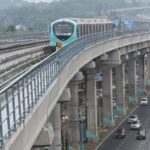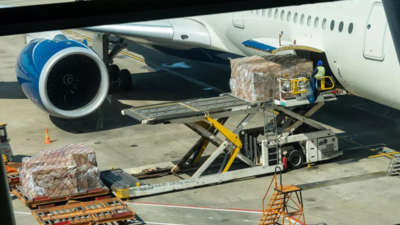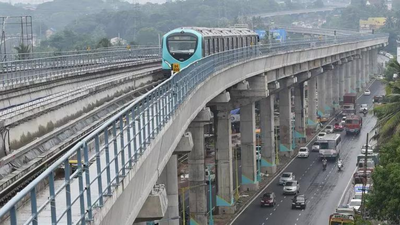State-owned AI Engineering Services Ltd (AIESL) is exploring strategic partnerships to gain direct access to proprietary aircraft manuals and technical literature required for high-end component maintenance, repair and overhaul (MRO) activities, officials said.AIESL, which was carved out of Air India after the government sold the airline to the Tata Group in January 2022, has emerged as a leading player in India’s fast-growing MRO segment with more than 5,000 employees.However, officials told PTI that the absence of direct access to updated technical documents since the separation from Air India has posed challenges for keeping some shop capabilities fully aligned with global standards.“Getting IP (Intellectual Property) rights for retaining shop capabilities is important, an investment that is costly, but critical for sustaining advanced capabilities. AIESL is open to partnering with strategic partners,” an official said.The company services more than 25 domestic and international airlines and is working to expand its customer base. It is also stepping up outreach to Indian carriers, collaborating with other MROs to manage overflow work, and engaging with foreign airlines to maximise utilisation of its line and base facilities.AIESL operates facilities in Delhi, Mumbai, Kolkata, Hyderabad, Thiruvananthapuram, Nagpur, and Nashik. With India’s civil aviation market expanding rapidly and domestic carriers collectively having over 1,400 planes on order, officials said the country’s $1.8 billion MRO industry holds significant growth potential.Many Indian carriers currently find it easier to route component servicing through aggregators, who then send work overseas. “Retaining such works in the country will be beneficial in terms of economic and employment aspects,” the official added.A Niti Aayog report on the MRO industry in October 2022 had flagged the growing presence of Original Equipment Manufacturers (OEMs) in the aftermarket, attributing their market dominance to control over intellectual property such as training manuals and design data. “This adversely affects engine and component manufacturers and poses a serious challenge to the vision of an indigenous MRO industry in India,” the report noted.











